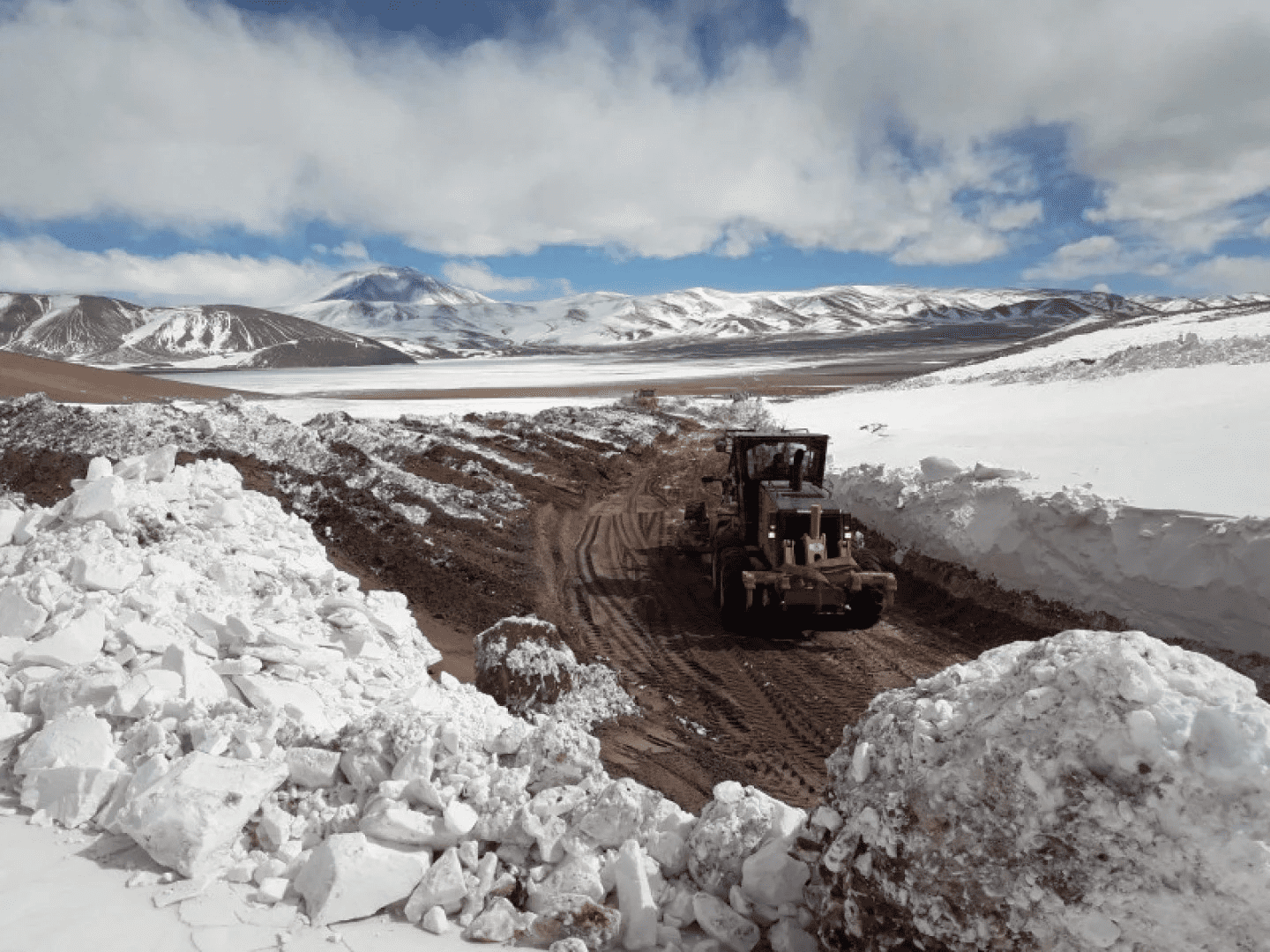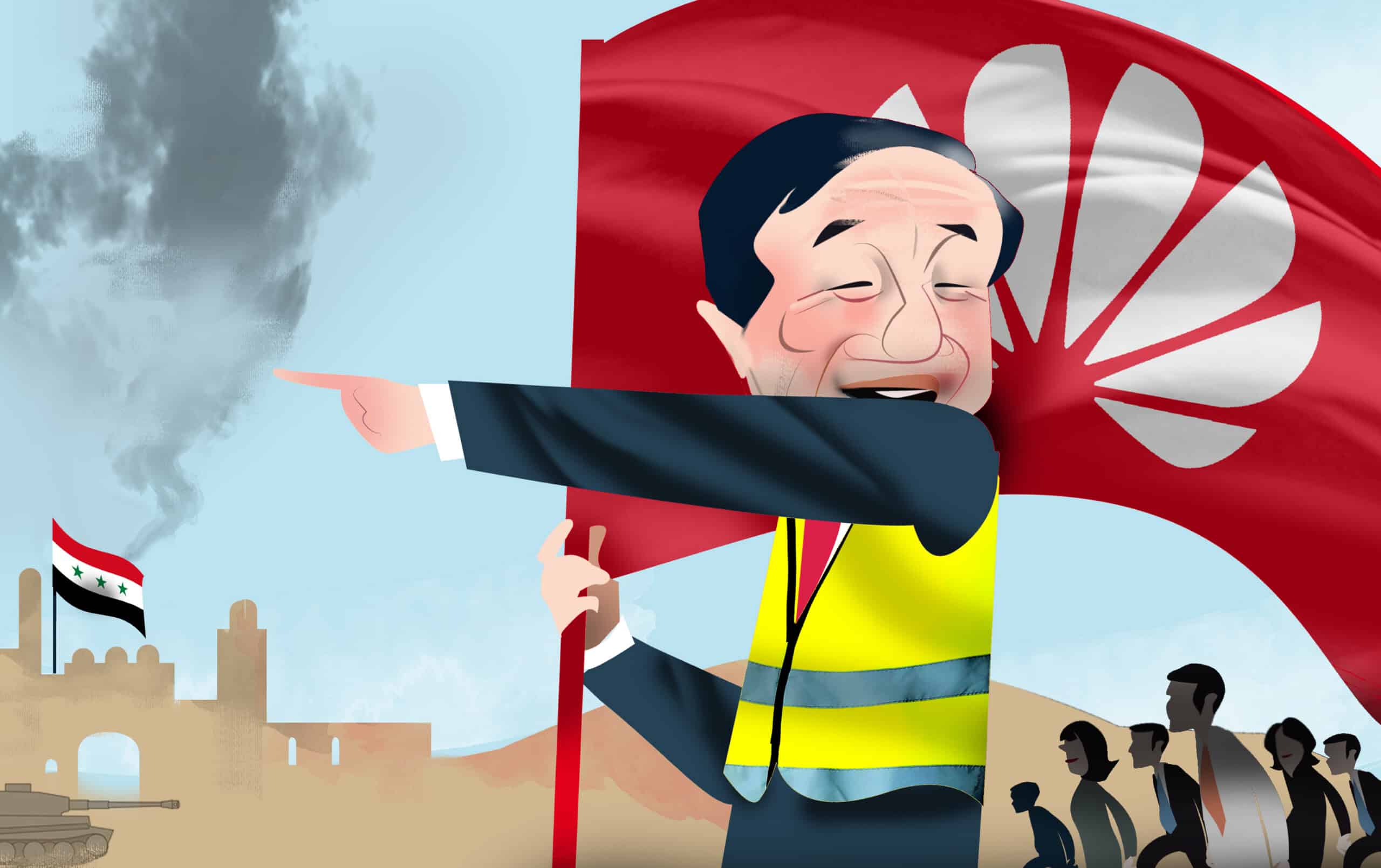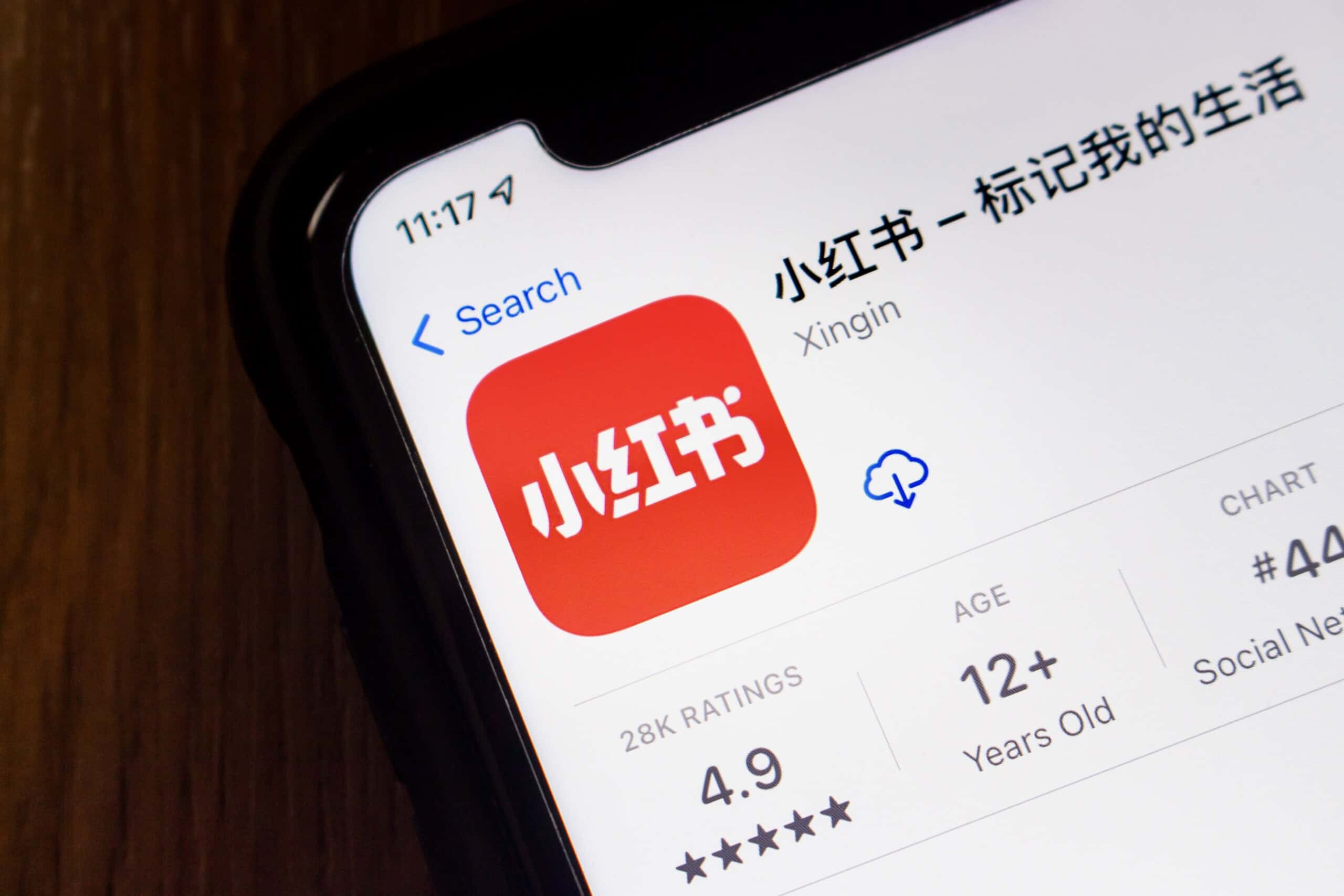
China’s bid to lead the world in producing the batteries that power electric vehicles has led it on a global quest to buy up critical mineral supplies. In Canada, a recent decision by the government to wave through the Chinese acquisition of a fast-growing lithium miner has some worried it’s being handed an advantage on a plate.
Zijin Mining, one of China’s largest miners by market capitalization, announced in October that it would spend $770 million to acquire Toronto-listed Neo Lithium, whose assets and management are mostly based in a lithium-rich region of Argentina. Just two months later, Canada’s federal government decided the deal would not require a formal security review that is equivalent to a CFIUS national security review in the United States.
Zijin, whose biggest shareholder is a state-owned firm, will use the acquisition to diversify further into lithium, alongside its core copper and gold resources. For China Inc., it’s an incremental addition to an already-powerful position in minerals linked to clean energy. China accounts for 17 percent of the world’s lithium extraction and 50 to 70 percent of global lithium and cobalt processing.
But in Canada, the government’s laissez-faire attitude to this acquisition has alarmed lawmakers and experts worried both about a lack of strategic thinking over global ownership of the resources needed by low-carbon economies, and the evidence of poor coordination with the U.S. The North American neighbors had agreed in 2020 to collaborate on improving their critical minerals security, in part to counteract Chinese dominance.
“The [Canadian] government has not used all the tools available to it to engage in enhanced scrutiny of the Neo Lithium takeover, by all accounts ignoring its commitments to how it does national security reviews,” says Wesley Wark, a senior fellow at the Centre for International Governance Innovation (CIGI), a Canadian think tank. “This was a takeover that deserved really close scrutiny, but we didn’t see that happen.”
Canada’s government has defended its deal approval by arguing that even if Neo Lithium remained Canadian, most of its Argentinian-extracted lithium would end up in other countries’ supply chains. Canada’s Minister of Industry François-Philippe Champagne also claimed before a federal hearing last month that the substance Neo Lithium extracts — lithium carbonate — is less useful for battery technologies than another compound in high demand, lithium hydroxide.
Not so, say some experts. Both compounds have important applications, according to Kevin Shang, a battery materials analyst at research consultancy Wood Mackenzie. China’s leading battery maker, CATL, is just one company that relies heavily on lithium carbonate in its manufacturing. “We forecast growth in demand for both lithium carbonate and lithium hydroxide over the coming years,” says Shang.
The waiver given to Zijin’s deal came shortly after Canada resolved a long-running dispute with China over the arrest and threatened deportation to the U.S. of Huawei’s chief financial officer Meng Wanzhou. Meng’s detainment had caused a major souring in Sino-Canadian relations, including a trade spat over canola and the jailing of two Canadians in China on spurious charges. Last October she signed a deferred prosecution agreement with U.S. prosecutors and was allowed to return home.
But a desire to get back into China’s good books is unlikely to have driven Ottawa’s decision on the Neo Lithium sale, says CIGI’s Wark. “I think the more mundane explanation here is that there was a lack of political attention, and mistakes were made,” he says.

Canada’s government has taken a firmer approach to broader Chinese dealmaking: Almost two-thirds of foreign investments where it has intervened since 2016 originated from China. Still, Ottawa has allowed through other recent lithium deals, including Hong Kong-based NextView New Energy Lion’s acquisition of Vancouver-based Lithium X in 2017; and Chinese mining giant Tianqi Lithium’s purchase of Canadian fertilizer giant Nutrien’s 23.77 percent stake in a Chilean lithium mine in 2018.
“Canada has used its national security review provisions in the last five years primarily to block Chinese investments,” says Wark. “I think the real wake-up dimension of this acquisition is that the government is going to have to get smarter about Chinese investment into the critical minerals sector in particular.”
While the Canadian parliament’s industry committee has grilled officials on why they allowed Neo Lithium’s sale, the deal has caused little stir in Washington. Only one U.S. congressman, Rep. Michael Waltz of Florida, has so far pressed the Biden administration on whether it was made aware of it.
“There are questions about whether this decision was taken without consulting the Americans, and what that process looks like,” says Heather Exner-Pirot, a senior policy analyst at Canada’s Macdonald Laurier Institute. “We don’t know to what extent those conversations were had. And if they weren’t had at all, that raises questions of maybe we need to refine the [memorandum of understanding] between the U.S. and Canada.”
Others say the problem is more fundamental: Both Canada and the U.S. are “struggling to articulate a critical mineral strategy,” says Nikos Tsafos, chair in energy and geopolitics at the Center for Strategic and International Studies in Washington. “It’s one thing if you know what you’re doing and you get together and hash it out, but if nobody knows what to do about the deal, are you just going to get together and talk about how you don’t know what to do about the deal?”
Canada does not currently have a single operating lithium mine, while the U.S. produces less than 1 percent of global output. Both countries have plans to ramp up production: in the U.S. at Thacker Pass, Nevada, and in Canada at the Nemaska Whabouchi mine in Quebec, where investors hope production can eventually ramp up to 37,000 tonnes per year. Even that would pale against global lithium output that’s projected to reach 1.5 million tonnes by 2025, according to S&P Global Platts. Moreover, the U.S. and Canadian projects could take years to get off the ground, and likely at substantially higher cost than producing elsewhere.
“There’s tremendous regulatory burdens and a very long timeline from applying for approval to mine in Canada, to getting approved, and producing — 10 or 15 years. And a lot of investors are discouraged by that,” says MLI’s Exner-Pirot. “That’s one reason I think [the Canadian government] was cautious on blocking the Neo Lithium deal. If they start putting more constraints on the ability of investors to make money, it’s going to further discourage mining companies from wanting to set up here.”
That makes mining overseas, backed by Canadian and U.S. finance, all the more important to the lithium supply chain, and the loss of existing projects all the more damaging. “If you ask me, does it matter that a Chinese company is buying Neo Lithium on its own? Probably not,” says CSIS’ Tsafos. “But does it matter if they do this 20 times over, over the next five years, until suddenly you realize Chinese companies have cornered the market for lithium? Then [the answer is], yes.”

Eliot Chen is a Toronto-based staff writer at The Wire. Previously, he was a researcher at the Center for Strategic and International Studies’ Human Rights Initiative and MacroPolo. @eliotcxchen



